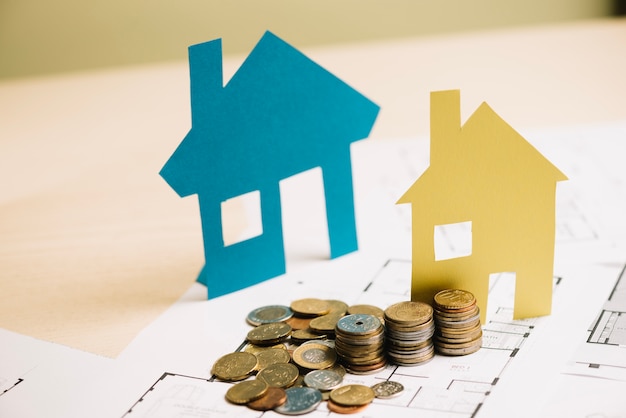If you’re looking to save on interest expenses, a 15-year mortgage is your best bet. It usually has lower rates than a 30-year fixed mortgage, but the catch is that the monthly payments are higher due to the shorter repayment period. The upside? You’ll likely pay off your mortgage in 15 years, maybe even sooner.
Now, let’s talk about Adjustable Rate Mortgages (ARMs). I’ve been a fan of ARMs since I bought my first property in San Francisco in 2003. Why? Because they always had lower interest rates than a 30-year fixed mortgage. Plus, I believed that we’d always have low interest rates, so it didn’t make sense to borrow money for a long period.
In a low-interest-rate environment, when an ARM resets, there’s a good chance it resets to a similar or even lower rate. Also, consider that the average homeownership tenure was about 7 years in 2003. Today, post-pandemic, it’s closer to 10.5 years. So, if you plan to sell your home after 10.5 years, a 30-year fixed rate mortgage doesn’t make sense. You want to match your fixed rate with your homeownership tenure to save the most money.
But after years of taking out mortgages, refinancing them, and paying them off, I’ve come to realize that a 15-year mortgage is probably the best option, if you can afford it.
Here are some benefits of a 15-year mortgage compared to a 30-year mortgage and an ARM:
-
A 15-year mortgage generally has a lower rate than a 30-year mortgage and an ARM. This is because shorter-term loans are less risky and cheaper for banks to fund than long-term loans.
-
Since a 15-year mortgage is paid off in 15 years instead of 30, you’ll pay less total interest if both mortgage rates are the same. But the average 15-year mortgage rate is much lower than the average 30-year mortgage rate, so you’ll end up paying much less in total interest payments.
-
A 15-year mortgage forces you to save more. The monthly payment for a 15-year mortgage is much higher than a 5/1 ARM or 30-year mortgage. This means that every month, you’re forced to save more than if you had a 30-year mortgage. Over time, this adds up, and if your house also appreciates over time, you can build a significant amount of wealth.
-
With a 15-year mortgage, you’ll pay off your mortgage quicker. Some people who take out ARMs or 30-year fixed mortgages like to tell themselves they will pay off the mortgage sooner. But in my experience, we seldom stick to our mortgage payoff intentions. With a 15-year mortgage, you’re guaranteed to pay off your mortgage in 15 years if you keep making your payments.
-
If your mortgage is purchased by a government-sponsored company, like Fannie Mae, you’ll likely pay less in fees for a 15-year loan. These companies charge what they call loan-level price adjustments that often apply only to, or are higher for, 30-year-mortgages.
But a 15-year mortgage isn’t for everyone. Here are some disadvantages:
-
Higher Monthly Payments: Because a 15-year mortgage is paid off in 15 years, the monthly payments are higher than a mortgage that’s paid off over a 30-year period.
-
Less Affordability: Less affordability to buy the home you want is the biggest disadvantage to taking out a 15-year mortgage.
-
Less Money Going Towards Savings Or Other Investments: A higher monthly payment for a 15-year mortgage requires higher income and higher cash reserves. Therefore, your emergency fund or cash reserves will have to be higher to cover your higher monthly burn rate.
In conclusion, a 15-year mortgage is a great option if you can afford it. It will save you the most on interest expenses, and you’ll pay off your mortgage quicker. But it’s not for everyone, so consider your financial situation and future plans before deciding.
